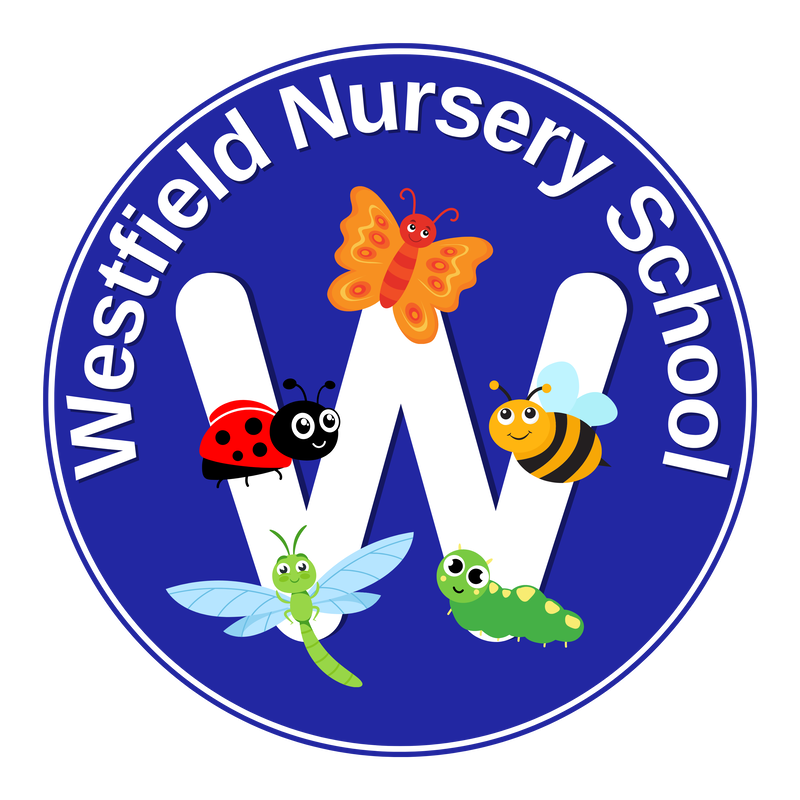
Westfield Nursery School
Westfield Road Dunstable Bedfordshire LU6 1DL Tel: 01582 608650 Email: [email protected] Head Teacher - Mrs Elizabeth Collins |
OFSTED
| Ofsted Report 2023 (October) | |
| File Size: | 453 kb |
| File Type: | |
PARENT VIEW
If you would like to leave your views about the school on the Ofsted website called Parent View please
Ofsted Outcomes 2023 Summary of findings.
- Westfield Nursery School is a happy place to be. Children arrive excited to see staff and friends. Clear routines and expectations help to create a positive learning environment. This helps children to make a confident start to their learning.
- Children are kind to each other. On the rare occasions that children are not, adults remind them about having ‘kind hands, kind feet and kind voices’. Children respond to these requests. The kindness extends to when they spend time with the school’s guinea pigs. They treat the animals with gentleness.
- Children access a wide range of high-quality learning opportunities. Those who need extra help, including children with special educational needs and/or disabilities (SEND), are well supported by staff. Children are calm and focused during formal classroom-based learning and when playing outside. Activities such as a visit by farm staff, and from the police and paramedics, help children develop their interests beyond the curriculum.
- Staff know the children and their families well. Children are safe and well cared for. This helps them settle in and feel safe. They develop their confidence and independence quickly, for example waiting their turn to wash their hands after outdoor play.
- There has been a strong emphasis on curriculum development following the previous inspection. The broad curriculum outlines what children need to know at different stages of development. Staff have a secure understanding of the curriculum. They use the resources for each theme of learning to provide children with engaging learning activities that match their needs. This helps all children to achieve well.
- The school prioritises children’s early language development. Children enjoy story time and singing. Each day, one child acts as the ‘special helper’. This role helps to develop language, for example at snack times when they to ask other children what they would like to drink. The school focuses on developing children’s listening skills to help prepare them for more formal phonics lessons.
- Effective training supports staff to teach lessons well. Staff chose activities carefully to foster children’s curiosity and reinforce key vocabulary. However, sometimes staff do not make the most of opportunities to deepen and extend children’s learning. This means that children do not always develop their knowledge across the seven areas of learning as quickly as they could. Staff use checks on children’s learning to improve the curriculum and to identify and support children who need extra help to keep up

